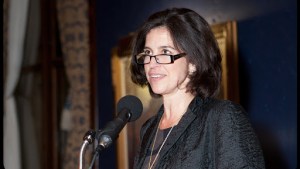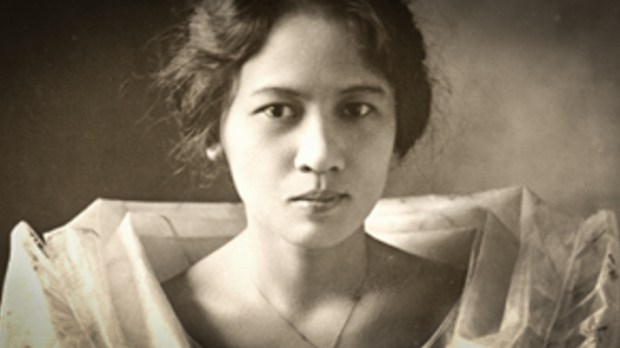Many accuse Catholicism of treating women as inferior to men because women can’t be priests. But a closer look will show how mistaken this accusation is, especially since the Church’s most admired member is a woman: Mary of Nazareth.
In recent history, the last several decades have seen Church leaders trying to be more explicit about how highly the Church values women. An instance was John Paul II’s Letter to Women, published in 1995, which taught:
To this “unity of the two” God has entrusted not only the work of procreation and family life, but the creation of history itself. … This contribution (of women) is primarily spiritual and cultural in nature, but socio-political and economic as well. The various sectors of society, nations and states, and the progress of all humanity, are certainly deeply indebted to the contribution of women! (Par. 8)
Remembering this often misrepresented aspect of Catholic teaching, I don’t think it’s meaningless coincidence that the Philippines — the only predominantly Catholic country in Asia — ranks highest in the continent, and seventh globally in terms of gender equality.
What’s also interesting is that this progressive view we read about in John Paul II’s letter was already intuited by the Filipina scholar Encarnacion Alzona, who was born in 1895.
Encarnacion was the first Filipina to complete her doctoral studies; she was a national scientist, and a pioneering advocate of women’s suffrage.
Born in southern Luzon, she completed an undergraduate and master’s degree in history from the University of the Philippines (U.P.), and then went on to pursue further studies as a pensionado scholar in the U.S..
There, she completed a second master’s degree at Radcliffe College, and a Ph.D. at Columbia University, both in history. After Columbia, she returned to the Philippines, and became a history professor at U.P.
Interestingly, she graduated from Columbia the same year John Paul II was born. There must have been something in their milieu that caused both to write about the dignity of women.
In 1919, Encarnacion wrote an article arguing for a woman’s right to vote. At this time, the Philippines was still a U.S. territory with a young democracy. The first local elections were held three years earlier, but only men were permitted to vote, as part of the U.S. government’s policy to gradually educate Filipinos into a functioning democracy. In her article, Encarnacion pointed out that women also need civic education, “they being what we proudly term the first teachers of men.”
She explained that if women are permitted to vote, men’s respect for them would likely increase because “a person enjoying full political rights deserves greater respect and esteem than a disenfranchised one.”
These ideas show that like John Paul II, she believed that society and history needed the contribution and participation of both men and women.
Despite her belief that women are equal in dignity to men, she insisted that her fellow suffragettes pursue their aims in distinctly feminine fashion. According to her biographer, Maria Luisa Camagay:
Alzona mentions hosting tea parties for members of the Legislature to convince them of the wisdom of granting the Filipino woman the right of suffrage. Alzona admits that the Filipino women suffragists are not the ‘window-breaking noisy suffragettes.’ Such a behavior according to Alzona is not in keeping with the nature of the Filipino woman.
Using “tea parties” to shape policy is definitely a strategy of soft power. Yet, even if it was subtler than the explicit assertiveness of men, Encarnacion believed in persuasive power, and didn’t hesitate in using it. She did not think that wielding a woman’s softer strength meant allowing men to dominate her. In this, she agreed with John Paul II’s complementary view of the sexes.
Her promotion of “feminine genius” went beyond words and shaped her personality and leadership style. One instance that shows this was in 1946, when she was elected chairperson of a UNESCO subcommittee in Paris.
According to one observer, at this meeting, her daintiness, simplicity and competence won the respect and admiration of those present.
Even if her accomplishments and nuanced view of a woman’s value to society were ahead of their time, hers is a testimony of how, in contrast to what mainstream media tells us, Catholicism does not denigrate women.
Instead, due to its Marian dimension, Catholicism’s presence in a culture can make it easier for women to see value in what makes them different from men, and heed the call to humanize their home, country, and the world in ways only women can.

Read more:
Marriage: Male and Female He Created Them

